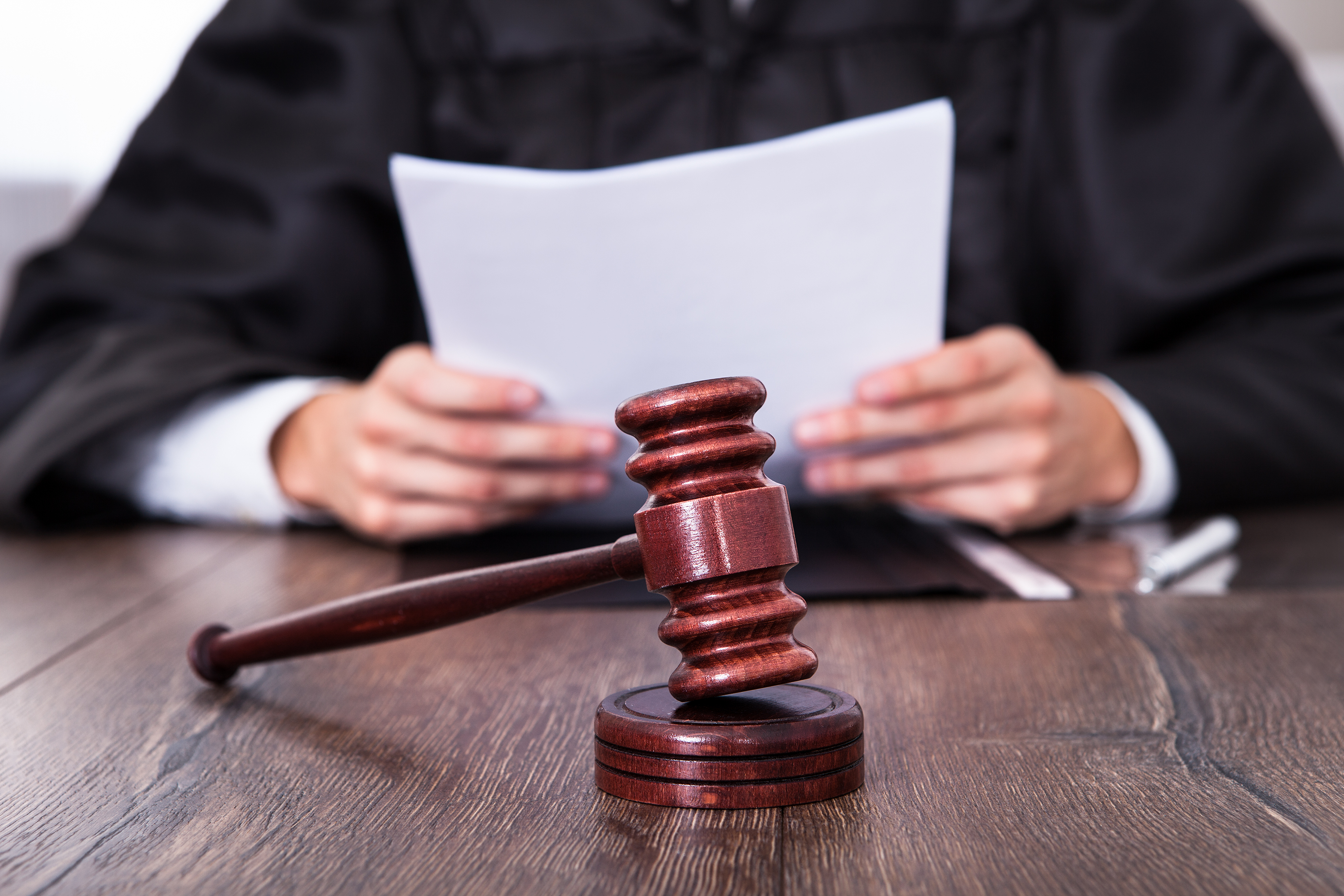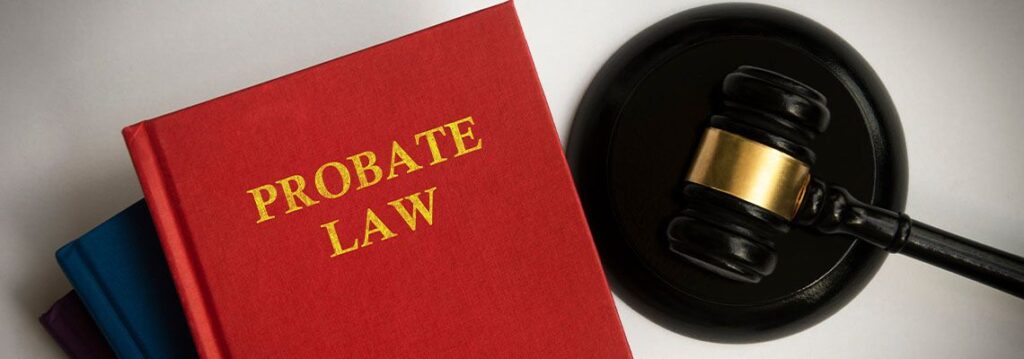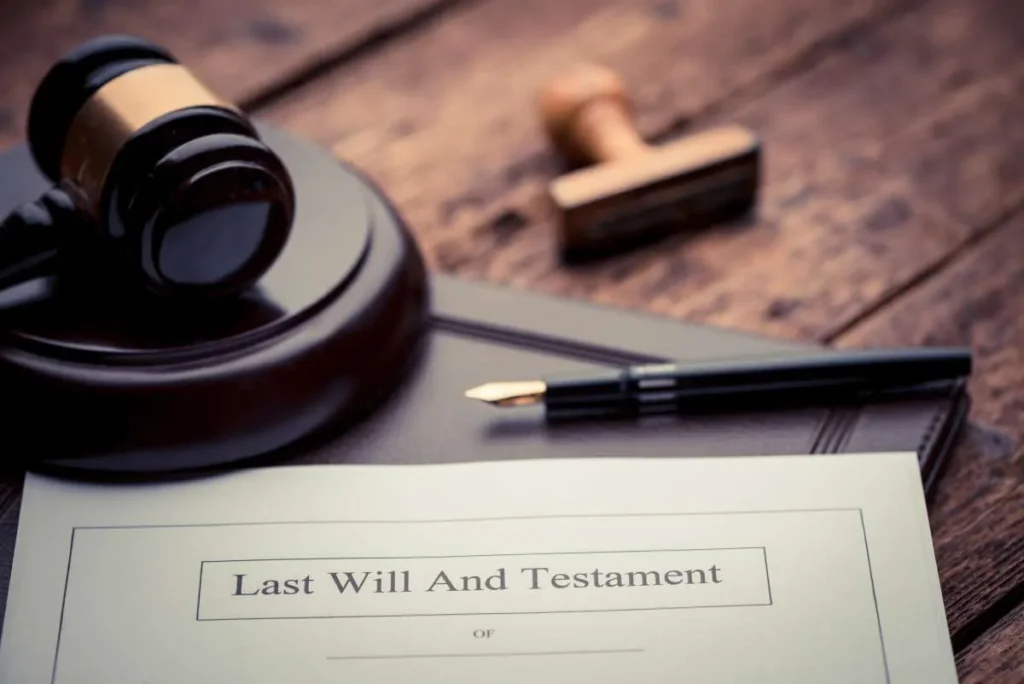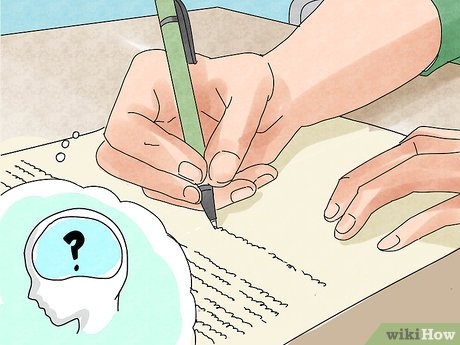If you’ve ever wondered how to withdraw an estate from probate court in Texas, you’re not alone. Probate can be a daunting, expensive, and often slow-moving legal process. For families trying to settle a loved one’s affairs, sometimes it becomes clear that keeping an estate in probate court isn’t the best course of action. But can you pull out once you’ve already entered the system—and do it without jeopardizing your legal rights?
This article will guide you through what it takes to withdraw an estate from probate court in Texas. We’ll cover when it’s possible, what steps are involved, what happens to your legal rights, and—most importantly—how to avoid costly mistakes along the way. Expect clarity, real-life examples, and a tone that speaks to real people dealing with real legal dilemmas.

Understanding Probate in Texas: The Legal Starting Point
Before we explore how to withdraw an estate from probate court in Texas, let’s start with a quick recap of what probate is.
In Texas, probate is the court-supervised process for settling a deceased person’s estate. It typically includes:
- Validating the will (if one exists)
- Appointing an executor or administrator
- Notifying heirs and creditors
- Paying debts and taxes
- Distributing assets to beneficiaries
Probate ensures a legal and orderly transfer of property—but it’s not always necessary or appropriate. Sometimes, once probate has started, families realize there might be a better way to resolve the estate.
Real-Life Example: Melissa’s Sudden Decision
Melissa’s mother passed away in Dallas, leaving behind a modest home and a few bank accounts. Melissa filed the application for probate, but a month later, she learned that all of the accounts had beneficiary designations and the home was jointly owned with rights of survivorship. In other words, probate wasn’t actually needed.
She panicked: “I’ve already filed. Can I pull the plug on this?” That’s when she learned the process of how to withdraw an estate from probate court in Texas—and how to do it without compromising her rights.
Why Would You Want to Withdraw from Probate?
People have different reasons for wanting to withdraw an estate from probate. Some of the most common include:
1. Probate Was Filed Prematurely
Sometimes family members rush to probate before fully reviewing the estate. Afterward, they discover:
- All assets were non-probate (e.g., payable-on-death accounts, joint ownership)
- A trust exists that controls the estate
- The will wasn’t necessary to transfer title
2. Heirs Agree to a Different Arrangement
In small, close-knit families, everyone might agree to divide assets informally, especially if the estate is simple and free from conflict.
3. Avoiding Costs and Delays
Texas probate is relatively efficient, but attorney fees, court costs, and paperwork still add up. For some estates, especially those under the small estate threshold, probate can feel unnecessary.
4. Contest or Conflict Arises
If someone contests the will or threatens litigation, the executor might choose to withdraw and reassess the estate’s legal posture before continuing.
Understanding these motives sets the stage for knowing how to withdraw an estate from probate court in Texas the right way.

Can You Legally Withdraw an Estate from Probate in Texas?
Yes—but it depends on where you are in the process. Texasprobate law allows for withdrawal or dismissal of a probate application under certain conditions. However, the court must approve the request, and certain limitations apply.
Here’s what you need to know:
- You can withdraw a probate application before the court issues Letters Testamentary or Letters of Administration.
- You may not be able to withdraw easily once those Letters have been issued, especially if creditor claims or distributions have begun.
- In contested cases, withdrawal may require a formal motion and hearing.
- If an administrator has already taken significant action (like paying debts or selling property), the court may deny withdrawal to protect creditors or beneficiaries.
The takeaway: if you’re thinking about how to withdraw an estate from probate court in Texas, act early—and with legal advice.
Step-by-Step: How to Withdraw an Estate from Probate Court in Texas
Let’s walk through the process, step by step, using clear, actionable guidance.
Step 1: Confirm Eligibility for Withdrawal
You’ll need to check:
- Has the court held the probate hearing yet?
- Have Letters Testamentary/Administration been issued?
- Has the estate taken any formal action (like inventory filing, asset sales, or debt payments)?
If you’re early in the case, withdrawal is more straightforward.
Step 2: File a Motion or Notice of Withdrawal
Depending on how far along the probate is, you may need to:
- File a Notice of Withdrawal of Application if no order has been issued
- File a Motion to Dismiss if probate has been opened, requesting court approval
- Include the case number, estate name, date of original filing, and reason for withdrawal
Be honest in your reasoning. Courts are more likely to approve a request that makes legal and practical sense.
Step 3: Notify Interested Parties
Even if the case hasn’t advanced far, it’s smart—and sometimes legally required—to notify:
- Heirs and beneficiaries named in the will
- Known creditors
- Other applicants or co-executors (if applicable)
Transparency avoids complications down the line and shows the court you’re acting in good faith.
Step 4: Attend a Hearing (If Required)
If the court requires a hearing on your motion to withdraw:
- Bring supporting documentation (e.g., bank statements, trust documents)
- Be prepared to explain why probate is no longer necessary
- Confirm that no property has been distributed or debts paid under the estate
Judges want to ensure no one’s rights are being affected. If everything checks out, the judge will likely grant your motion.
Step 5: Receive a Signed Order of Dismissal
Once the court signs off, you’ll receive a formal Order of Dismissal. This confirms that probate has been officially closed—or, more accurately, undone.
This step is essential to avoid confusion in public records and to protect you from later claims.
Does Withdrawing Probate Affect Ownership Rights?
This is a key concern for many families: if we stop probate, do we lose access to the estate? The answer lies in understanding alternative methods for transferring ownership.
If you withdraw from probate, you’ll need another valid legal path to transfer assets. Some common methods include:
- Affidavit of Heirship (for real estate when no will exists)
- Small Estate Affidavit (if the estate is under $75,000 and meets other criteria)
- Transfer-on-Death Deeds (if properly executed before death)
- Payable-on-Death Accounts (which bypass probate entirely)
- Living Trusts (which control asset distribution without court intervention)

So yes—you can preserve your legal rights, but you must follow the correct alternative method after you learn how to withdraw an estate from probate court in Texas.
Real-Life Cautionary Tale: When Withdrawal Backfired
Consider Peter, who tried to withdraw his father’s estate from probate in Harris County after filing prematurely. He assumed that all the assets were jointly owned. But a year later, a creditor sued for an unpaid medical bill, and because no valid probate was completed, Peter found himself personally liable.
The lesson? Withdrawal is not a free pass. You need to ensure the estate has no unresolved claims, debts, or legal entanglements before you attempt to walk away.
This is why understanding both the legal and practical consequences of how to withdraw an estate from probate court in Texas is so important.
Mistakes to Avoid When Withdrawing from Probate
If you’re planning to withdraw an estate from probate court in Texas, steer clear of these common missteps:
1. Assuming It’s Automatic
Even if no hearing has occurred, courts still require formal withdrawal documents.
2. Ignoring Creditors
Unpaid debts can follow heirs or trigger lawsuits, even after dismissal.
3. Forgetting About Real Estate Records
If probate has been filed, real estate titles may reflect that. Without a formal dismissal, future transfers could be delayed.
4. Overlooking Taxes
Estate and property taxes might still be owed—even if probate is canceled.
When It’s Better Not to Withdraw Probate
Despite its reputation, probate can provide benefits. In some cases, it’s better to proceed than to withdraw. For example:
- Complex estates with multiple heirs and assets
- Disputed wills that require legal validation
- Unknown creditors that must be resolved
- Heirs at odds, where court supervision prevents abuse

If any of these apply, it may be smarter to let the process run its course.
Remember, the goal isn’t just how to withdraw an estate from probate court in Texas—it’s how to protect the estate and the people involved.
Final Thoughts: Should You Withdraw?
Knowing how to withdraw an estate from probate court in Texas without losing legal rights requires precise timing, clear reasoning, and a solid understanding of the law. If probate turns out to be unnecessary, withdrawing can be a smart move—but only if done properly. Acting early, documenting your intent, notifying all involved parties, and ensuring you have an alternative legal method to transfer assets are critical steps. Probate isn’t always the villain; in some cases, it offers structure. But when it’s not needed, stepping back thoughtfully can save time, money, and stress. The key lies in being proactive, informed, and deliberate in your next move.









